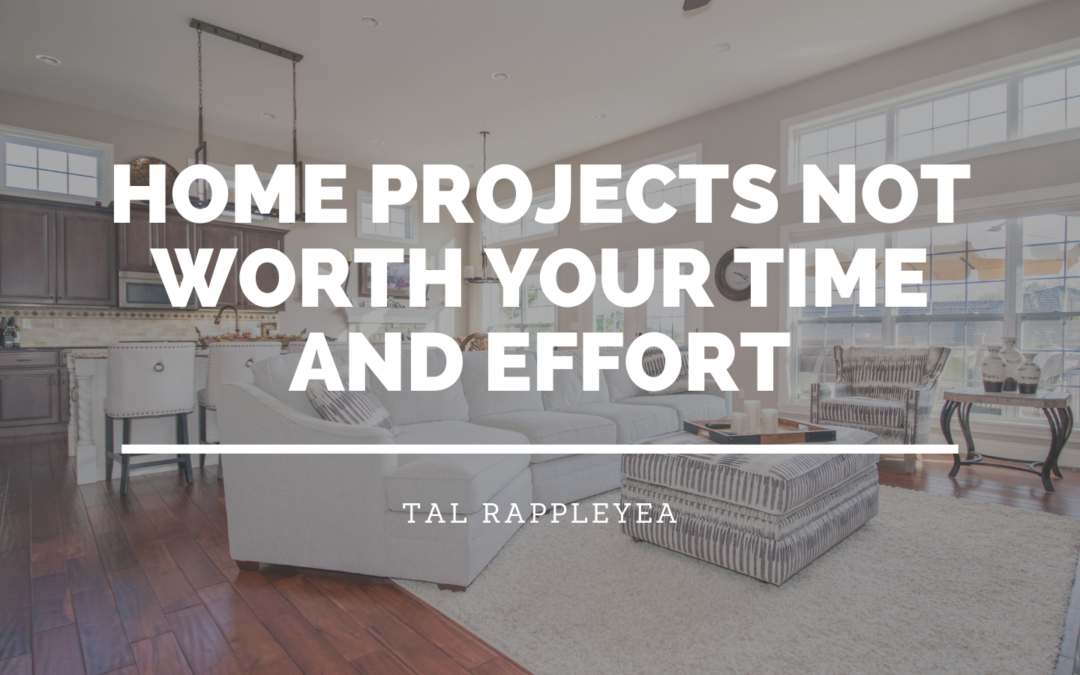For people who are getting ready to sell their homes, it may feel like the to-do list is endless. Industry professionals suggest using a system of sorting repairs: needed, recommended, and value-boosting home improvements. Here are three times where homeowners can save time and money by skipping optional home projects.
Cosmetic Issues
When it comes to buying a home, potential buyers will not be expecting perfection. Normal wear and tear is not a deal-breaker for most buyers. Some nicks, scratches, or smudges will probably not cost the sale. As long as the home itself is in good working order, homeowners can get away with not undertaking projects such as re-caulking or painting every room. Some potential buyers would actually look forward to the opportunity to make their new home more “theirs” by choosing paint colors and doing small, simple projects.
Cracks In Driveways And Walkways
Even with foundations that are laid perfectly, cracks may occur over time. Some industry professionals recommend that homeowners looking to sell skip replacing cracked driveways or walkways to save money. The money to fix or replace these items can run into thousands of dollars. Redirecting those savings to other, more important parts of the home may pay off in more ways than one in the end. When it comes to preparing a home for sale, it’s good for homeowners to be prudent and strategic about their resources to reap maximum benefit.
Fixtures
For some home fixtures including mailboxes, doorbells, or carpeting, homeowners may be able to avoid replacement. Carpets can often be revived with a thorough cleaning, and do not need to be completely replaced. Cleaning fixtures can make them look much more appealing and as long as the fixtures are in working order, both buyers and sellers are going to be happy. When homeowners are conscientious about which repairs are necessary and which are simply aesthetic improvements, they will save themselves a lot of time, money, and stress on the journey to selling their home. Each home will be in a different condition, so it’s ultimately going to be at the homeowner’s discretion which projects are going to be necessary for their individual home’s needs.
